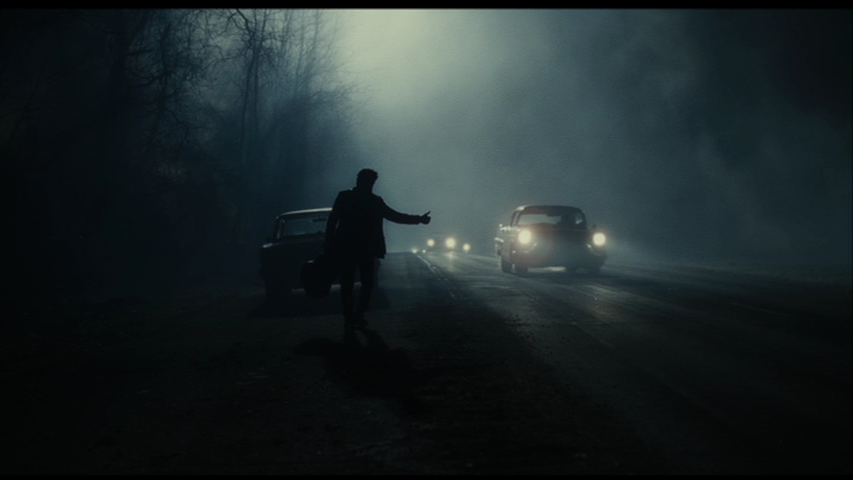Search This Blog
About FILMS: going, criticism, craft, festivals, etc, by Mr. Whiplash (aka Jack Gattanella).
Posts
Showing posts from June 15, 2014
Friday Night Clip Fix - ROCKY 4 TRAINING MONTAGE
- Get link
- X
- Other Apps
Top 10 Silences of the Year in Film (2013)
- Get link
- X
- Other Apps
Madadayo, Used DVD's! - #3: Alexandre Aja's HIGH TENSION
- Get link
- X
- Other Apps


